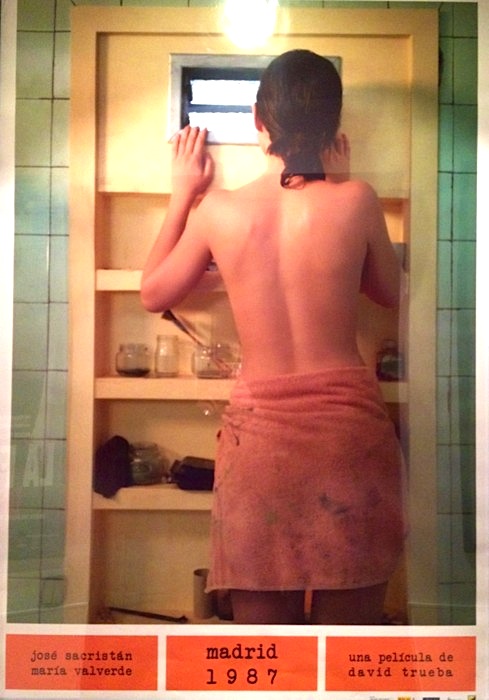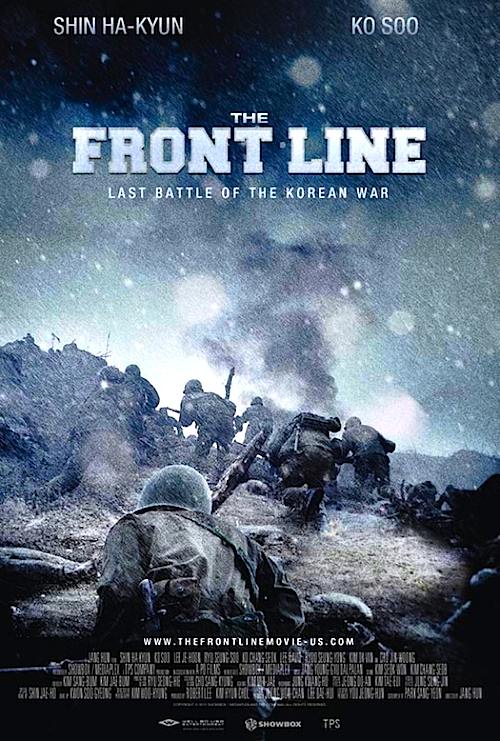[Editor’s Note: LFM’s Joe Bendel will be covering the 2012 Sundance Film Festival and also select films from the 2012 Slamdance Film Festival.]
By Joe Bendel. They are no Scarlett O’Haras. As long as these Southern ladies have ammunition, they will never go hungry. Challenging Southern Belle stereotypes, Maria White follows five South Carolinian women as their pursue their game in the short documentary Debutante Hunters, which screens ahead of We’re Not Broke during the 2012 Sundance Film Festival.
Lest there be any confusion, they do not hunt debutantes. They are debutantes who hunt, quite well in fact. The term “debutante” might be overstating the matter for some of the hunters, but regardless of whether they are in the social register, they shoot straight and can acquit themselves with grace in the wild. Indeed, most learned to track and shoot from their fathers, or in the case of Sara Frampton, from her mother Susan.
 Unlike many current reality shows, Debutante never plays into cultural stereotypes. Although never asked directly, it seems a pretty safe assumption these hunters are firm advocates of gun owners’ rights to some extent. However, they are all very family-oriented and deeply attuned to the environment. In fact, Susan Frampton is rather eloquent comparing hunters and gardeners as fellow conservators. Never wasteful, the women also always cook what they kill, often feeding their families for weeks with delicious looking venison burgers.
Unlike many current reality shows, Debutante never plays into cultural stereotypes. Although never asked directly, it seems a pretty safe assumption these hunters are firm advocates of gun owners’ rights to some extent. However, they are all very family-oriented and deeply attuned to the environment. In fact, Susan Frampton is rather eloquent comparing hunters and gardeners as fellow conservators. Never wasteful, the women also always cook what they kill, often feeding their families for weeks with delicious looking venison burgers.
At just a whisker over twelve minutes, the respectful Debutante delivers a fair amount of hunting action along with a measure of psychological insight into its subjects, but it seems to cry out for a longer treatment. Frankly, this would make a perfect series for the History Channel, perhaps following Top Shot. It boasts a telegenic, well-spoken cast shooting guns. There is a certain undeniable appeal to that. They could even do cooking segments. Highly recommended (though the same does not necessarily apply to the film it is paired with), Debutante screens this coming Sunday (1/22), Tuesday (1/24), Thursday (1/26), Friday (1/27), and Saturday (1/28) in Park City and Wednesday (1/25) in Salt Lake as part of the 2012 Sundance Film Festival.
Posted on January 19th, 2012 at 9:07am.


